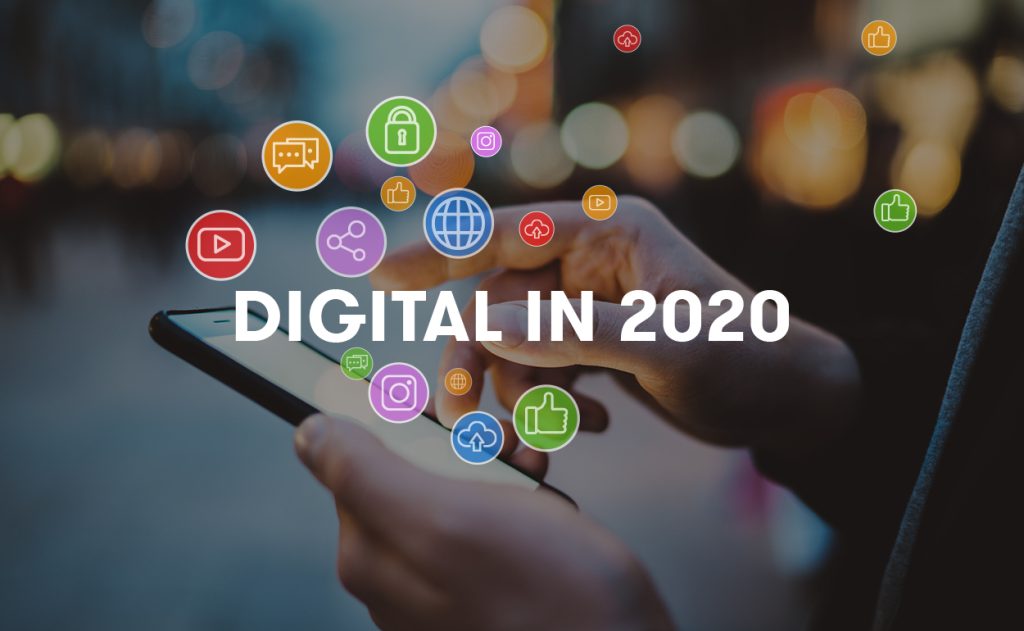
Quick Fixes For Technical Issues In Virtual Events
Technical issues can be a significant roadblock during virtual events, possibly disrupting the experience for both speakers and attendees. To ensure a smooth and professional event, it is important to anticipate and address technical challenges quickly. With the help of a digital events company Dubai, many common technical issues can be managed effectively to keep the event running smoothly.
Test all equipment before the event:
Testing all equipment in advance is one of the best ways to prevent technical issues. Check your microphone, camera, and internet connection to ensure they are functioning correctly. Conduct a full run-through of the virtual event platform to familiarize yourself with its features, such as screen sharing and chat functions. Additionally, ensure that all speakers and panelists have tested their setups to avoid any last-minute surprises. A pre-event tech check is essential for a smooth event.
Have backup devices ready:
Even with the best preparation, technical problems can still arise. Having backup devices, such as an extra laptop or smartphone, can help mitigate any issues during the event. If a device malfunctions, you can quickly switch to the backup, minimizing disruption. Similarly, keep spare chargers, headphones, and cables available to prevent any interruptions due to power issues or connectivity problems.
Use reliable internet connections:
A reliable internet connection is important for hosting a virtual event. Test your Wi-Fi or Ethernet connection in advance to ensure stable bandwidth. If possible, use a wired Ethernet connection instead of relying on Wi-Fi, as it offers a more stable and faster connection. If an issue arises during the event, try to troubleshoot by asking speakers to switch to a different network or move closer to their router. Having a mobile hotspot as a backup can also be useful.
Keep tech support on standby:
For large virtual events, it is beneficial to have a dedicated tech support team on standby. This team can troubleshoot issues like lag, audio problems, or screen sharing difficulties without delaying the event. It’s also a good idea to have a few staff members trained in basic tech support, such as muting microphones or adjusting volume levels, so they can help resolve issues quickly and efficiently.